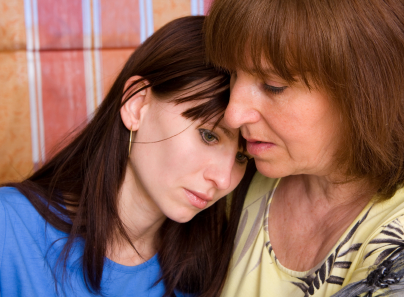
There are some common misconceptions that arise when someone you love dies intestate. When someone dies without a will it can be tough to know what’s right and what’s wrong.
Probate specialist at Howells Hayley Rees busts some of the commonest myths.
1. All of my assets will go to my spouse/civil partner
It’s a common misconception that if you die without having a valid will your husband/wife/civil partner will inherit all of your estate.
If you are married or in a civil partnership and have children, your spouse will inherit the first £250,000 of your estate and the remainder will pass to your children. Initially, this would be divided into two halves, one going to your children when they reached the age of 18 and the other half being left as a ‘life interest’ fund for your spouse.
That means that your spouse would be able to use the income from that half, for example, interest on a savings account, during their lifetime but would not be able to use the capital. At the time of their death the money would pass to your children.
If you died intestate and were married/in a civil partnership and had no children, the first £450,000 of your estate would be inherited by your spouse. The remainder would be divided into two equal halves, with one half to your spouse and the other half passing to your family members in accordance with the rules of intestacy.
If you are married or in a civil partnership and have no children or other relatives only then would your estate pass entirely to your spouse or civil partner.
2. My partner and I have been together for years, so we are common law partners and the same rules apply as if we were married
In England & Wales a common law partner is not legally recognised. If you are unmarried or have not entered into a formal civil partnership, your partner will not inherit anything from your estate if you die without a valid will.
If you have children they would inherit the entirety of your estate. If you have no children your estate would be divided between family members in order of hierarchy determined by the rules of intestacy. If you die with no living relatives your estate passes to the Crown.
Therefore, if you would want your partner to inherit any of your estate upon your death you need to make a will.
3. My family will decide how to split my estate
As set out above, if you do not have a will there are prescribed rules as to how an estate is divided between family members.
If someone feels that they ought to have received more from your estate, for example if they were being financially supported by you in some way, they may decide to apply to the Court for money from your estate. This can lead to animosity and ill feeling between family members, in what is already a difficult time.
4. I don’t have to worry about making a will they are only for old people, or people with lots of money
If you have any assets, whatever age you are, it is advisable to have a will in place. No-one knows what the future holds, and it is sensible to have your affairs in order to protect your family and loved ones, should the worst happen.
You should also make a will if you have children, to name testamentary guardians for them so your wishes are known in the event of your death.
5. My family will save on the cost of probate if I don’t have a will
Whether or not you have a will, a Grant of Probate is necessary to deal with any property you own, or to close bank accounts if the company holding the assets requires one in order to pay the moneys out to your estate.
Without a will, the process of deciding who would make the application for probate and in some cases tracking down family members who are entitled to benefit from your estate can be difficult tasks, and could cost far more than paying for a will to be drawn up.
Talk to our expert team. Enquire above or ring 02920 404020 today.
